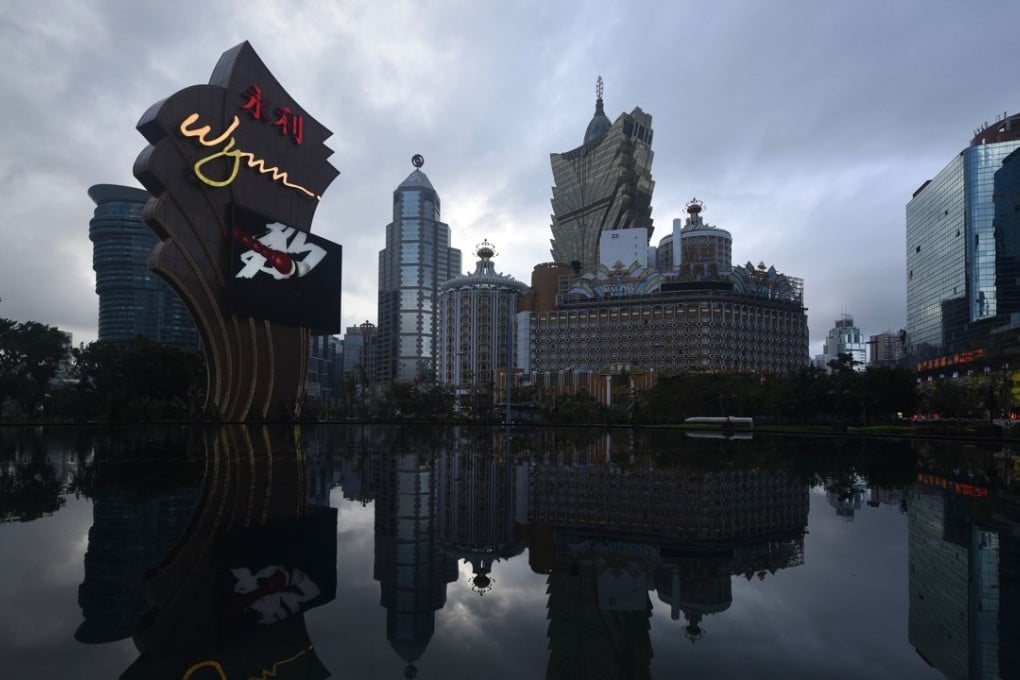Inside Out | The flimsy excuses of governments when they’re caught unprepared at moments of woe
Governments in Tokyo, Taipei and Singapore – as well as Hong Kong – have done what any moderately wealthy city should do, and built protective infrastructure to minimise threats from natural disasters that can in general terms be well anticipated.

Over the past week, most of the world seems to have been under water. Storms claimed to be the worst in 50 years have wrought havoc, death and disruption in Texas, Mumbai, Bihar, Nepal, Bangladesh – and of course here in Hong Kong and Macau.
Before the cost to these economies – both economic and in terms of death, injury and dislocation – has even been estimated, governments wrestling to deal with and recover from these disasters have worked overtime to explain the shocking rarity of such superstorms, “black swan” events all, and the impossibility of anticipating them or containing their impact.
But of course, they are not “black swan” events. Such “once every hundred years” storms seem now to be occurring most decades, and are likely to be even more frequent as global warming gathers momentum over decades to come. Their impacts can be anticipated. Protections to minimise the tragic human and economic harm are possible. As Bloomberg Businessweek commented last week: “Houston has been wet since birth.”
As emergency Federal aid begins to be dished out, many families around Houston and the Gulf Coast will be receiving funds for the third time in a decade to rebuild their lives. As Businessweek noted: “Over the past decade, the Federal government spent more than US$350 billion on disaster recovery. Much of the money has gone to homes that keep getting damaged; 1.3 million households have applied for federal disaster assistance money at least twice since 1998—many of them in the same areas hit hardest by Harvey. Repeat claims are also common.”
The sad and cynical reality is that actuarial advice says it is cheaper to rebuild lives after catastrophic storms have struck, than it is to build infrastructure that will avert or at least mitigate such catastrophes; even when the cost of storm like Harvey may inflict damages of more than US$120 billion, and global supplies of oil, gas and petroleum are massively disrupted.
Of course, desperately poor countries like Bangladesh, India, and even parts of China, are not so well placed. It is a grisly reality that for decades to come, such countries will suffer storm-related catastrophes with little power to prevent massive loss of life and livelihood.

